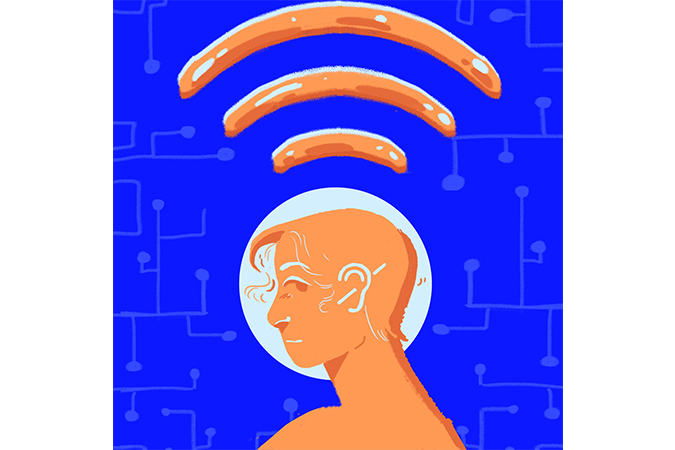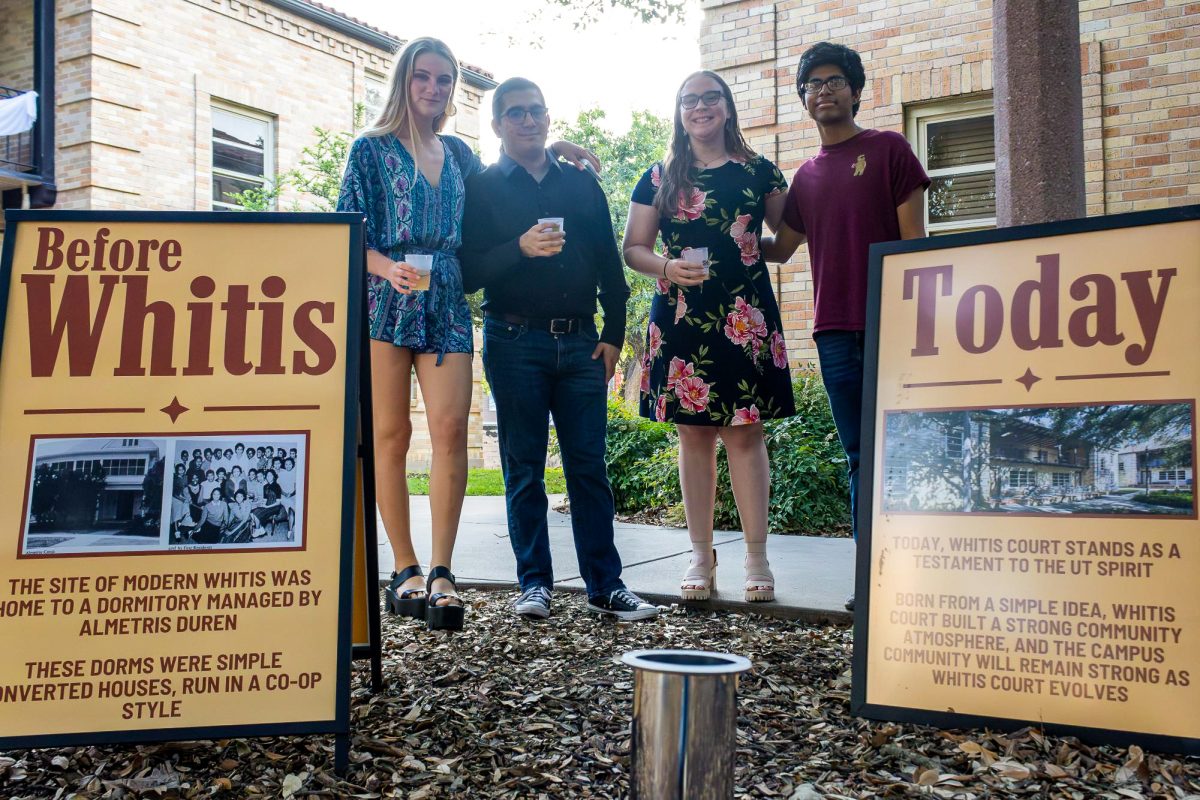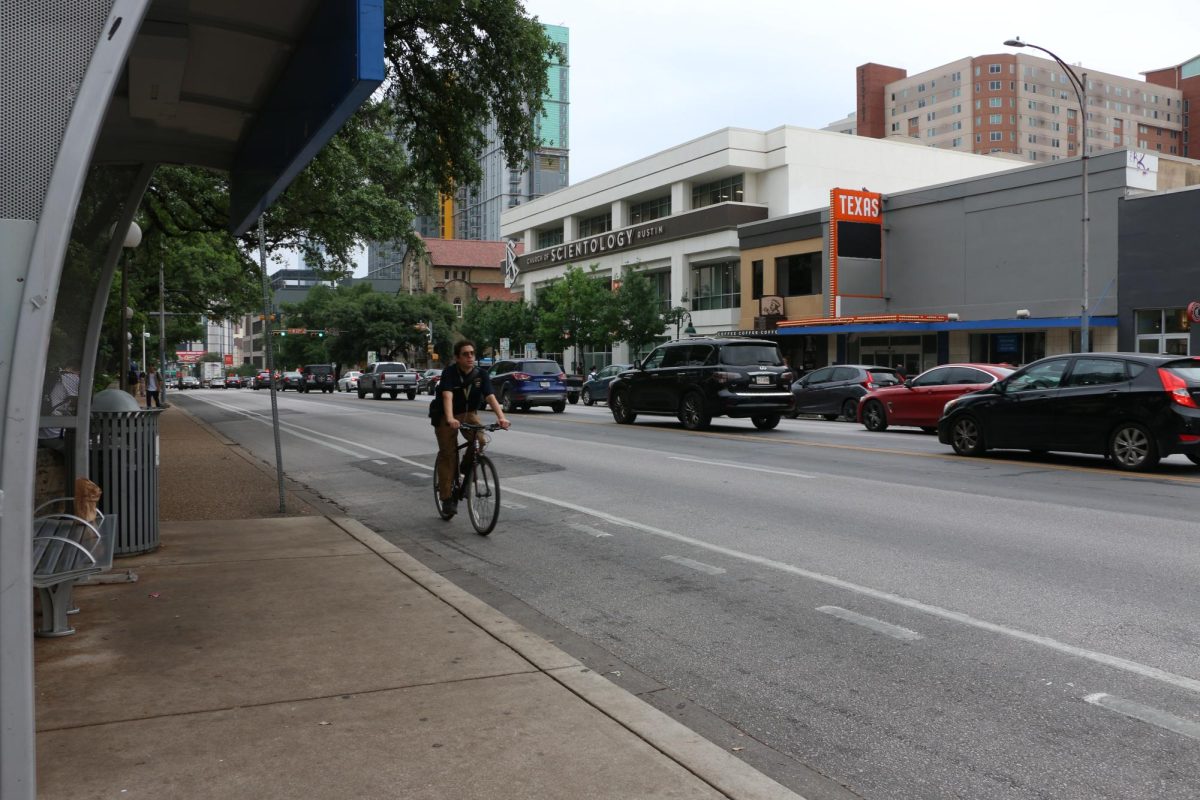Editor’s note: This story is part of The Daily Texan’s coverage of how coronavirus concerns are affecting UT-Austin. Read the rest of our coverage here.
The University is providing access to remote sign language interpretation and speech-to-text services for students who are deaf or hard of hearing so they can receive equitable accommodations during the transition to distance learning.
Information about these resources can be accessed on the National Deaf Center on Postsecondary Outcomes website, according to a press release from UT News. The center is housed in the UT College of Education.
“With this shift online, and especially the fact that it wasn’t a lot of time to think through a lot of these things, we wanted to make sure that everybody had the top things that they needed to make this transition as smooth as possible, given the circumstances,” said Stephanie Cawthon, director of the National Deaf Center.
The COVID-19 page on the center’s website provides information on how to access resources such as family support for deaf teens, a tips sheet on mental health services for deaf people and information about audio captioning. Educational psychology professor Cawthon said content on the website is geared toward three groups: students, faculty and disability service providers.
Over the past month, Cawthon said the center’s goal has been to teach these groups how to make quick decisions, develop long-term strategies and reduce stress during this time of uncertainty.
“(Our focus is to) make things clear and give people the strategies to navigate what’s going to be a complex and ever-changing situation,” Cawthon said.
Claire Ryan, an educational psychology graduate student who is deaf, said in an email that the transition to online classes has been complicated.
“The rapid switch to online everything came with required webinars and training with little notice,” Ryan said. “Nearly all of these online webinars were not captioned nor had interpreters. A great deal of my time was spent advocating for access and troubleshooting access barriers instead of transitioning my practice and work duties to remote delivery.”
Ryan said her professors have provided her with material that is captioned or transcribed, but only after she advocated for these accommodations.
Ryan said it should be standard procedure that all materials are captioned. She said deaf students should not have to feel like they are burdening their instructors when they request captioned materials.
“The rush to switch everything online in a time of global crisis has instilled a mindset in able-bodied hearing individuals of 'maintaining only the essentials,’ which unfortunately does not always mean ensuring full access for individual students,” Ryan said.
When classes restarted March 30, Cawthon said the University was still working through the challenges of providing resources to students who are deaf and hard of hearing.
Now that these students have had a chance to use online platforms, the University is working to collaborate and problem-solve, Cawthon said.
“You can’t set up and assume it’s all going to work because you haven’t had a conversation with the user of the accommodations and the provider of the accommodations and the instructional shifts, so those things do take a little bit more time,” Cawthon said.
On Thursday, the National Deaf Center is hosting an online student panel on the video communication platform Zoom to discuss online learning experiences and self-care, according to the center’s website.
Beatrice Bachleda, the center’s social media coordinator, helped set up the online panel and also interacts with deaf students through help desk requests and online interactions.
Bachleda said in an email that some students have told her the transition to online learning has been challenging, so the panel is meant to be a safe space for students to discuss their experiences.
“No accommodation request is too small, and we hope that the panel will help students realize that,” Bachleda said. “They deserve to have every tool and opportunity for success, as well as a community they can reach out to when things come up.”





















